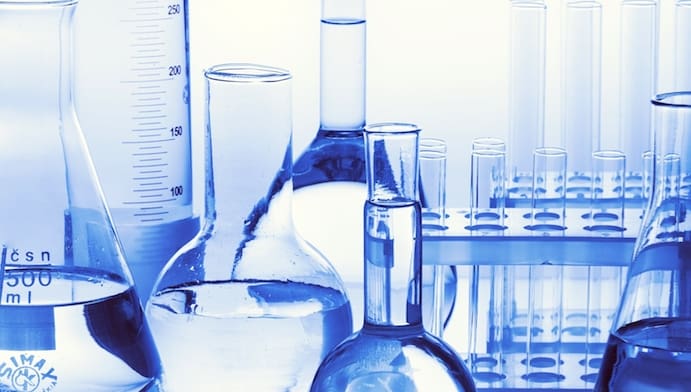Engineers at University of California, Riverside have developed a new carbon nanotube-based heating element that improves the recovery of water from brine in membrane distillation.
Membrane distillation is a thermal process that drives vapour across a membrane, enabling desalinated water to pass through. It requires a constant feed of hot brine which, because it is highly corrosive, can increase the cost of heat exchangers and other system elements. Additionally, recovery rates are limited to about six per cent.
The engineers at UCR’s Bourns College of Engineering, led by David Jassby, an assistant professor of chemical and environmental engineering, devised a self-heating, carbon nanotube-based membrane that heats brine at the membrane surface.
The new system reduces the amount of heat required by the process, and increases the yield of recovered water to near to 100 per cent.
Additionally, the team applied alternating currents to the membrane heating element to investigate how far this would prevent degradation of the carbon nanotubes. A threshold frequency was identified where electrochemical oxidation of the nanotubes was prevented, enabling nanotube films to operate for significant lengths of time with no reduction in performance.
The paper, ‘Frequency Dependent Stability of CNT Joule Heaters in Ionizable Environments and Their Use in Membrane Distillation,’ was published in Nature Nanotechnology on 29 May 2017.
As well as Jassby, the contributors are Alexander Dudchenko, first author, a former graduate student in Jassby’s lab, who earned his PhD in 2016; and undergraduate students Chuxiao Chen, Alexis Cardenas, and Julianne Rolf.
